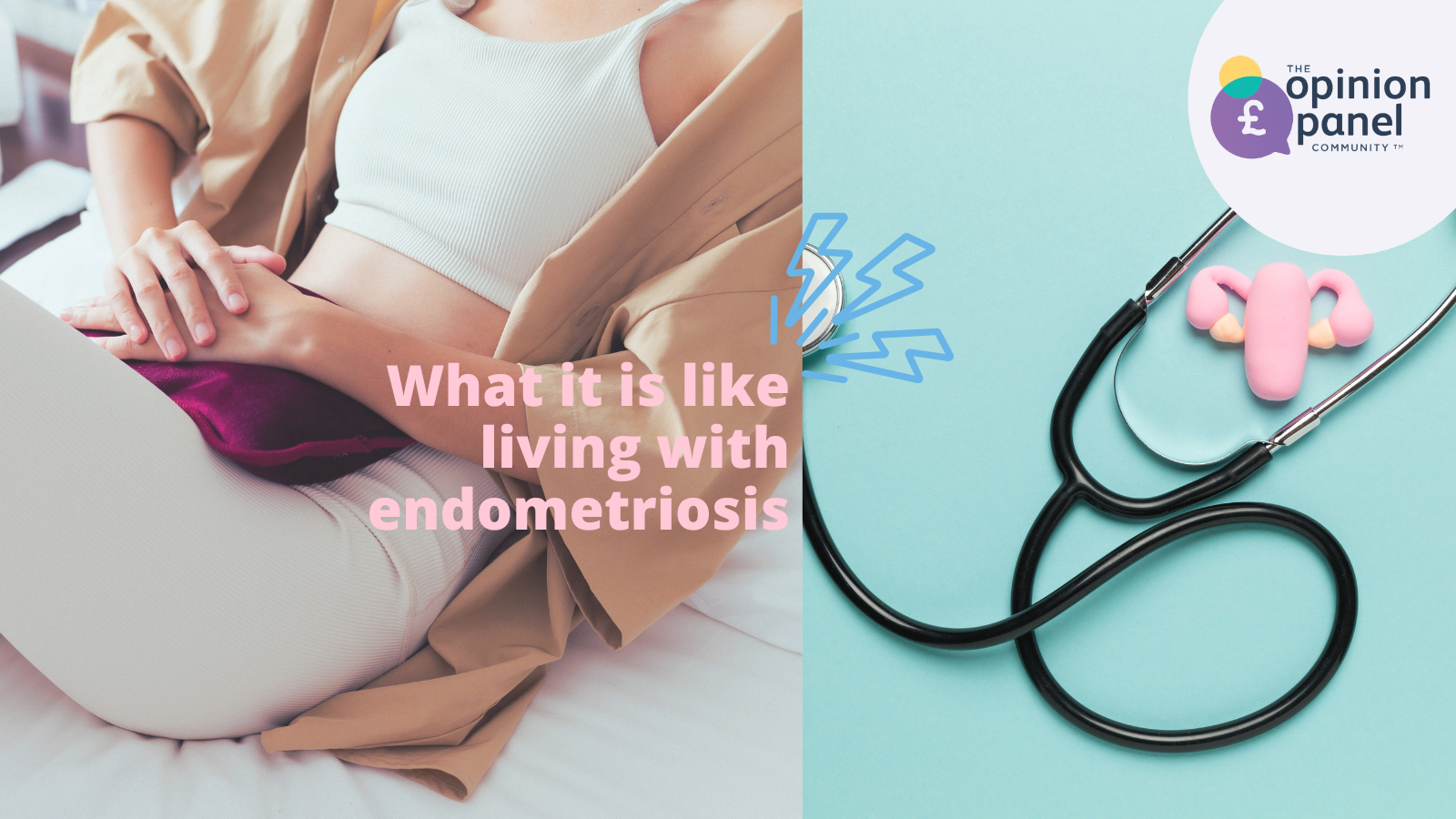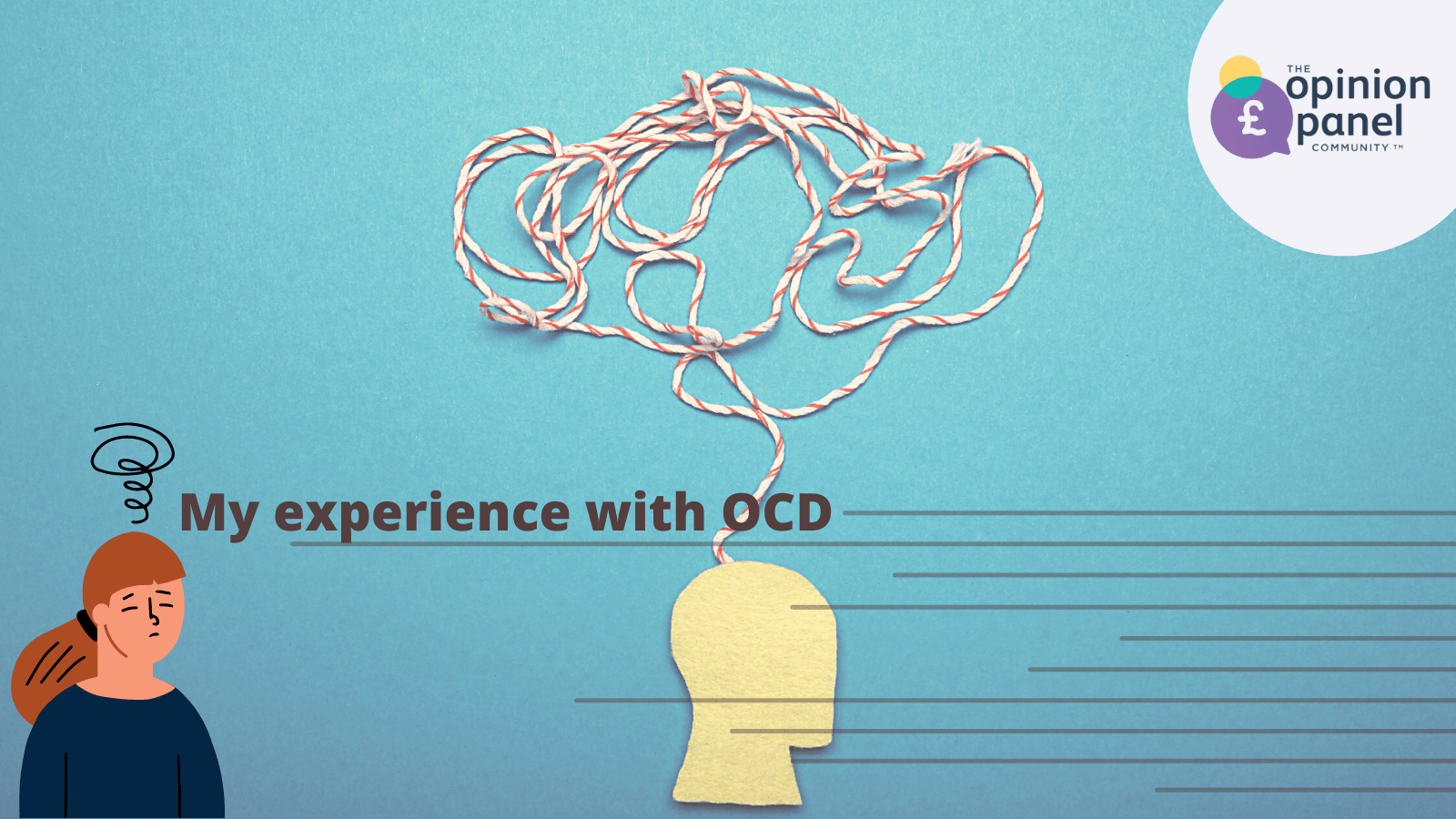
Polycystic Ovarian syndrome (PCOS) affects 1 in 10 women. It’s a chronic hidden illness, with many symptons that can be debilitating to women (causing a weakened state). But why, if it is such a common condition, are we not talking about PCOS more or taking sufferers seriously?
Symptons of PCOS
PCOS affects the way a woman’s ovaries work and there are many different symptons associated with the condition – so many in fact that it’s hard to keep track of them all. The usual symptoms include: irregular periods, excessive hair growth, weight gain, fatigue and painful ovarian cysts.
The condition which can cause irregularity of ovulation or failure to ovulate, can also lead to difficulties in getting pregnant.
Treatments
Many sufferers are prescribed a birth control pill or advised to lose weight, before being sent on their way to deal with the illness themselves. And this lack of treatment- and understanding of the illness- can be detrimental to the mental health of many sufferers.
The effect on mental health
This has been a personal battle of mine. I find it hard to look at myself and not be critical of everything I do, constantly worrying that I might cause the condition to worsen or flare up. Eating especially makes me feel guilty, so does thinking about food, or cooking – basically anything associated with food. When I have a bad or emotional day, I feel the need to comfort eat, which makes me feel worse. I end up binge-eating and then punishing myself for 3-4 days after.
I have tried practising mindfulness by turning to activities such as yoga, colouring and reading when I’m feeling down. But for me, it’s not improved anything.
My experience with PCOS
I study biomedical science, so I’m well aware of human physiology. But, I still have no idea how to help myself.
People have tried to relate to me, but I find it difficult to communicate with them because of their lack of understanding around the subject. This feeds my anxiety even more, making me feel isolated and like I’m going to be judged for the symptons that I’m experiencing.
How many people do you think will really be that accepting of an 18-year old girl who has back and chest hair?
As well as this, I sometimes experience severe abdominal pain caused by ovarian cysts. Teachers are not very understanding about the severity of the pain and they often brush it off as ‘menstrual related’ cramps; and as it affects my attendance at school, I do worry that it’s not taken seriously enough. But, I try my best to carry on as normal even though regular paracetamol and ibuprofen is not effective.
Taking PCOS more seriously
PCOS sufferers are only taken seriously when they want to conceive. Even then, it can take the occurrence of at least two miscarriages before a medical intervention happens. In this case treatments such as Clomid may be used to help couples conceive and carry the baby to full term.
So, having already struggled with afflictions of PCOS, these women must now suffer the emotional loss of their baby or babies before receiving any medical help. Can you imagine the further detriment this has to their mental health?!
All of these issues can make you feel like an alien. You can’t relate to many people and even when you do, it’s still not easy to talk about.
Educate, talk and be supportive
I wrote this article so that I can start the conversation on a subject that doesn’t get talked about enough. I hope that, whether you suffer from PCOS or not, you can take something from my blog and help inform others.
Remember: It is okay to talk about PCOS. It is okay to talk about miscarriages. It is okay not to be okay.
Invisible illness’ should not be ignored and people will not judge you for the symptoms that you face on a daily basis. Don’t just settle for birth control, see a specialist and help to raise awareness for this chronic illness.
PCOS is common in women, so why don’t more people know about it?
Further support
If you would like to learn more about PCOS, or find support groups and ways you can offer support, check out some of these non-profit organisations:
Share your view
We have tonnes more articles linked to mental health and wellbeing in our blog. Click here to read more.
And if you’re a member of The OpinionPanel Community and you’d like to share your view on a topic, send your blog to editor@youthsight.com and we’ll get your work published. Plus, there’s £50 cash prize up for grabs every month.









I agree with you but is difficult to be treated in society